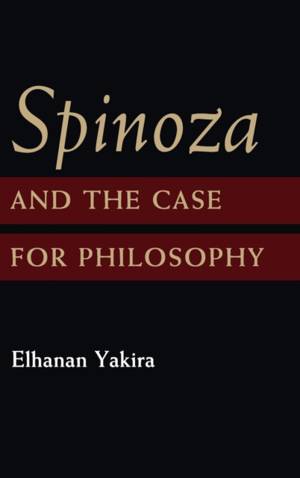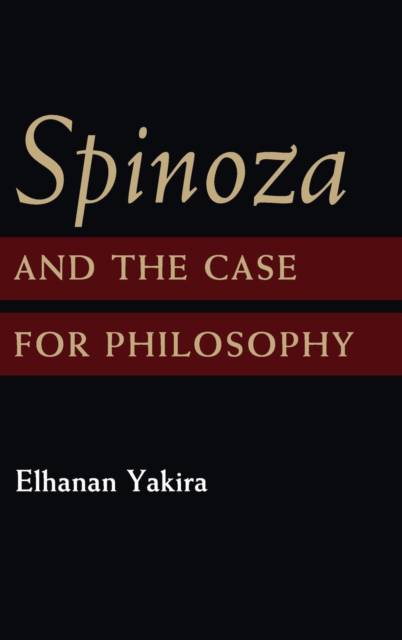
- Afhalen na 1 uur in een winkel met voorraad
- Gratis thuislevering in België vanaf € 30
- Ruim aanbod met 7 miljoen producten
- Afhalen na 1 uur in een winkel met voorraad
- Gratis thuislevering in België vanaf € 30
- Ruim aanbod met 7 miljoen producten
Zoeken
Omschrijving
This book analyzes three often-debated questions of Spinoza's legacy: Was Spinoza a religious thinker? How should we understand Spinoza's mind-body doctrine? What meaning can be given to Spinoza's notions - such as salvation, beatitude, and freedom - which are seemingly incompatible with his determinism, his secularism, and his critique of religion. Through a close reading of often-overlooked sections from Spinoza's Ethics, Elhanan Yakira argues that these seemingly conflicting elements are indeed compatible, despite Spinoza's iconoclastic meanings. Yakira argues that Ethics is an attempt at providing a purely philosophical - as opposed to theological - foundation for the theory of value and normativity.
Specificaties
Betrokkenen
- Auteur(s):
- Uitgeverij:
Inhoud
- Aantal bladzijden:
- 298
- Taal:
- Engels
Eigenschappen
- Productcode (EAN):
- 9781107069985
- Verschijningsdatum:
- 8/12/2014
- Uitvoering:
- Hardcover
- Formaat:
- Genaaid
- Afmetingen:
- 152 mm x 239 mm
- Gewicht:
- 566 g

Alleen bij Standaard Boekhandel
+ 366 punten op je klantenkaart van Standaard Boekhandel
Beoordelingen
We publiceren alleen reviews die voldoen aan de voorwaarden voor reviews. Bekijk onze voorwaarden voor reviews.








